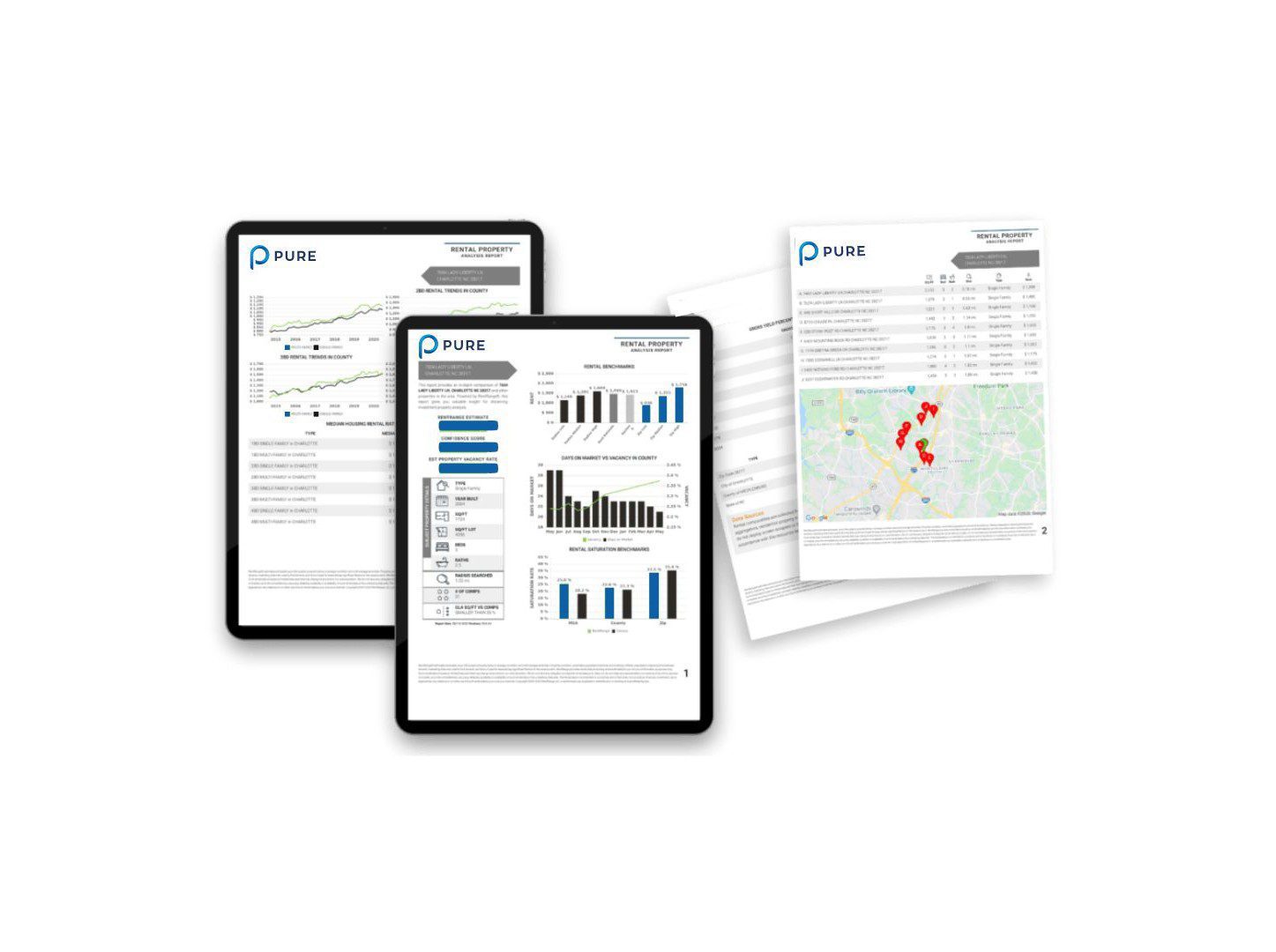
Find Out How Much Your Property Will Rent Out For
Managing a rental should not be stressful. At PURE Property Management, we help you estimate the rental value of your property and provide you with advice on what you need to do to build a profitable rental investment.
Peace of Mind for California Investors
At PURE Property Management of California, our mission is to provide superior housing and exceptional results. Whether you have a portfolio of single or multi-family assets, we can help you earn more and spend less. Find out why it pays to work with the best in Temecula property management.
We Find Qualified Residents
We take resident placement seriously, marketing your home to the best potential residents and screening them thoroughly to ensure our high standards are met.
Read More
Full Service Property Management
We collect rent, provide financial reports, and manage maintenance.
Read More
Online Client & Resident Portals
Read More
Our commitment to innovative technology helps with everything in the resident lifecycle – from marketing to application and processing to communication.
Certified Professionals to Manage Your Investment Property
Designated by the National Association of Residential Property Managers (NARPM).
We serve Temecula, Murrieta, Winchester, Menifee, Fallbrook, Oceanside, Escondido and the surrounding areas.


Your Investment Is In Good Hands with PURE Property Management
Real estate investing can be an excellent way to diversify a portfolio, create passive income, and build wealth – but there are risks. At PURE, it is our job to help you navigate these risks and provide you with a worry-free property management experience.
We invest heavily in staff education and hold memberships in the top industry associations.
Our broker achieved the highest NARPM certification of Master Property Manager (MPM) and members of our staff have achieved or are working towards their Residential Management Professional (RMP) designations. These designations give us the competence and confidence to operate at the highest level possible.
Areas We Serve
PURE Property Management creates a superior housing experience based upon trust, value and peace of mind.
We serve investors by dedicating ourselves to your property and its performance.
You’ll benefit from our experience, talents, and resources.
We serve residents by ensuring they have a safe, clean, and pleasant place to live with responsive and accessible property managers. PURE Property Management operates in Temecula, Murrieta, Winchester, Menifee, Fallbrook, Oceanside, and Escondido.





